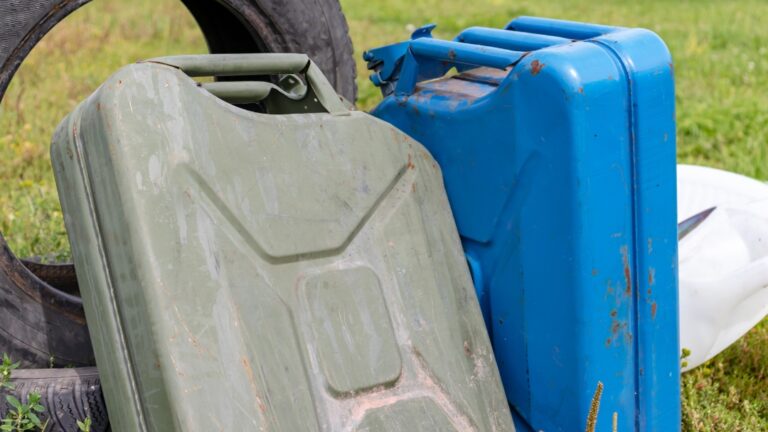How to Store Loose Batteries?
- Jonathan R.
- November 12, 2024
Table of Contents
Batteries must be stored correctly to maintain their longevity, functionality, and safety. Inappropriate storage can result in leaks, shortened battery life, or even dangerous situations, regardless of whether you’re working with single-use or rechargeable batteries.
zBut how to store loose batteries and keep everyone safe?
Let’s take a look at best practices for battery storage to help you keep your batteries safe and functional.
1. Avoid Heat and Sunlight
One of the most important things to remember when storing batteries is to keep them away from heat sources and direct sunlight.
Exposure to high temperatures can cause battery fluid evaporation, potentially leading to leakage or diminished battery life. Even indirect exposure to the sun’s rays can affect the battery’s liquid levels, leading to premature wear.
To maintain battery performance, store them in a dry location at room temperature and away from heat-producing devices. This precaution reduces the risk of electrical conduction or short-circuiting, especially if the batteries come into contact with metal objects.
2. Avoid Mixing Battery Types
Another important tip is to avoid mixing different types or brands of batteries. Mixing old and new batteries, or even different battery types, can cause unequal discharge rates, leading to battery rupture or battery leakage. This is especially true for disposable batteries, which are designed for single use and may release toxic fluid when damaged.
For safety and performance, store batteries in separate containers, preferably by battery type and brand, to prevent mismatches that can degrade the battery performance. Using a plastic bag to separate used or partially discharged batteries is a simple way to avoid this issue.
3. Proper Temperature Storage
Temperature plays a big role in battery longevity. Storing batteries at room temperature is ideal for most types, including lsd NiMH batteries, nickel-based batteries, and lithium-ion batteries.
For specialized batteries, such as lead-acid batteries, a climate-controlled room may be needed to maintain proper charging levels.
Though some people recommend storing batteries in a freezer or refrigerator, this is generally unnecessary unless the manufacturer explicitly suggests it. Extreme cold can affect battery recharge cycles and lead to condensation, which could short-circuit the battery if moisture seeps in.
Always refer to the manufacturer’s guidelines and keep batteries in their original packaging or a vapor-proof container to avoid exposure to moisture.
4. Storage Material Cautions
Improper storage of materials can cause short circuits and other risks. For instance, storing loose batteries in metal containers or plastic sandwich bags can cause them to come into contact with metal objects, leading to an intense electrical current and potential fire hazards.
To prevent this, it’s best to use a battery storage box specifically designed to keep batteries organized and secure.
If you must store batteries in plastic bags, make sure that they are separated individually, and consider placing tape on the ends of the batteries to prevent contact with other items. This is especially important for watch-button batteries or wet lead-acid batteries, which can be more vulnerable to short circuits.
For businesses dealing with hazardous materials, it’s also important to adhere to flammable cabinet requirements to ensure safe storage and minimize risks.
5. Safe Disposal Practices
Knowing how to properly dispose of batteries is just as important as storage. Improper disposal can lead to environmental harm, particularly if batteries end up in household trash where they may leak toxic chemicals into the soil and groundwater.
Always follow local regulations when disposing of batteries, and check with your local sanitation department for guidelines. Single-use batteries can often be recycled at a recycling station, while non-hazardous metals may allow for different disposal methods.
Unsure How to Store Loose Batteries?
When it comes to safe battery storage and disposal, improper handling can be costly and hazardous. CTI Safety Storage offers practical solutions to help you reduce waste, lower disposal costs, and manage hazardous materials safely.
Our customized compactors are designed for efficiency, guaranteeing the safe handling of everything from solid waste to saturated hazardous materials.
Find out how CTI can streamline your waste management process and help you save on disposal costs.

Jonathan Reed
Jonathan Reed specializes in writing in-depth, data-driven content on industrial waste management, regulatory compliance, and environmental sustainability. With expertise in hazardous waste disposal, OSHA guidelines, and waste reduction technologies, he provides actionable insights for businesses navigating complex waste management challenges.



